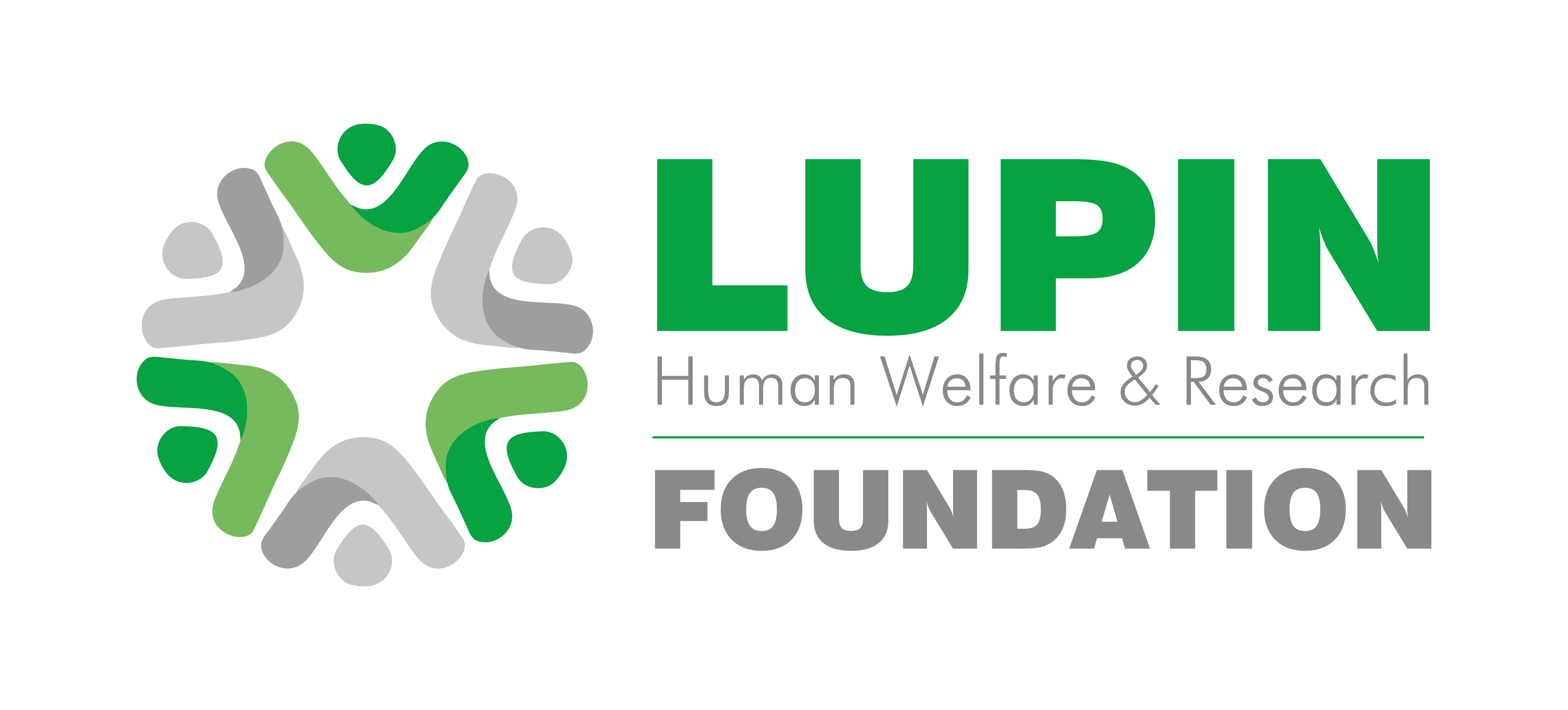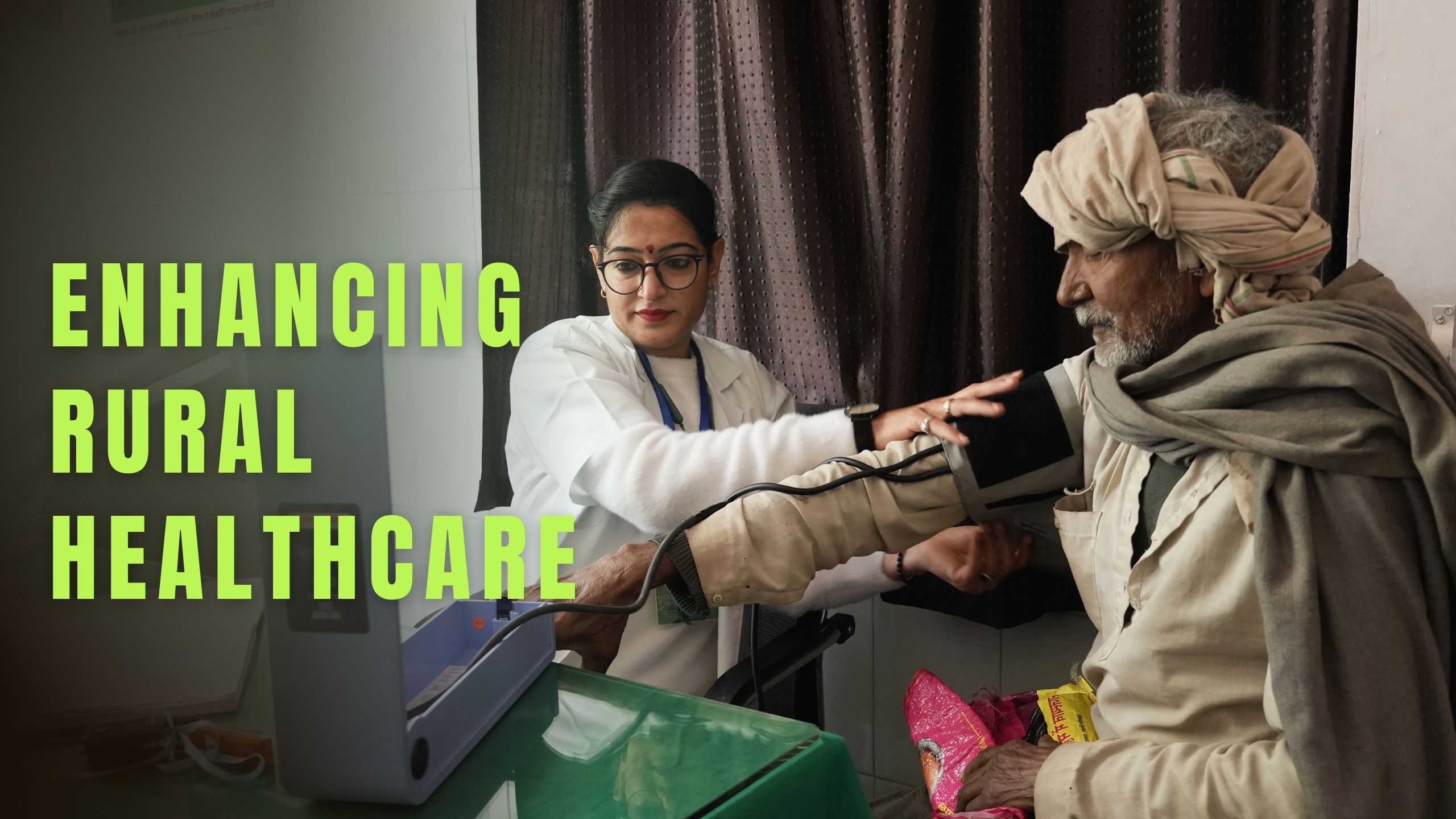

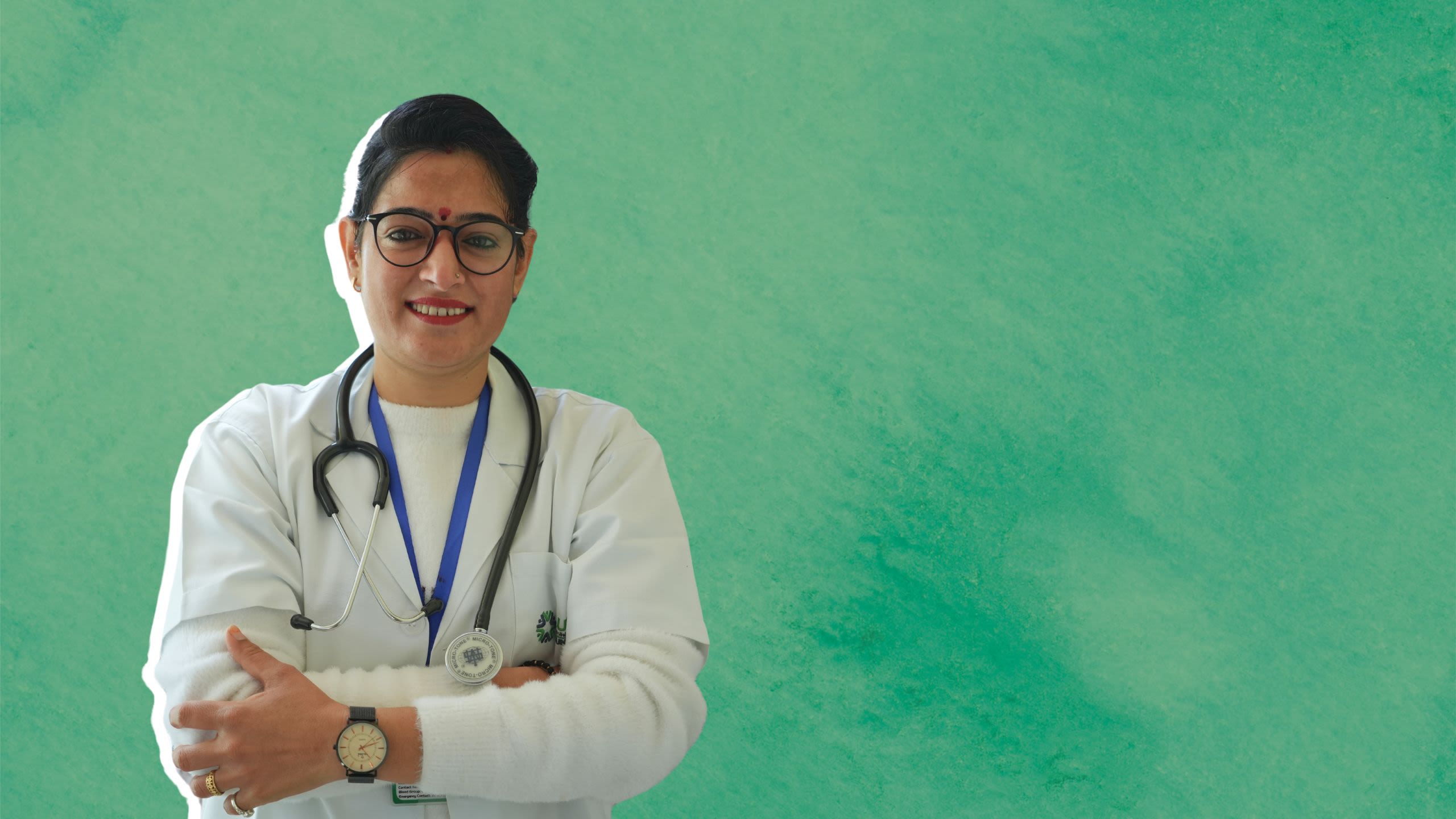
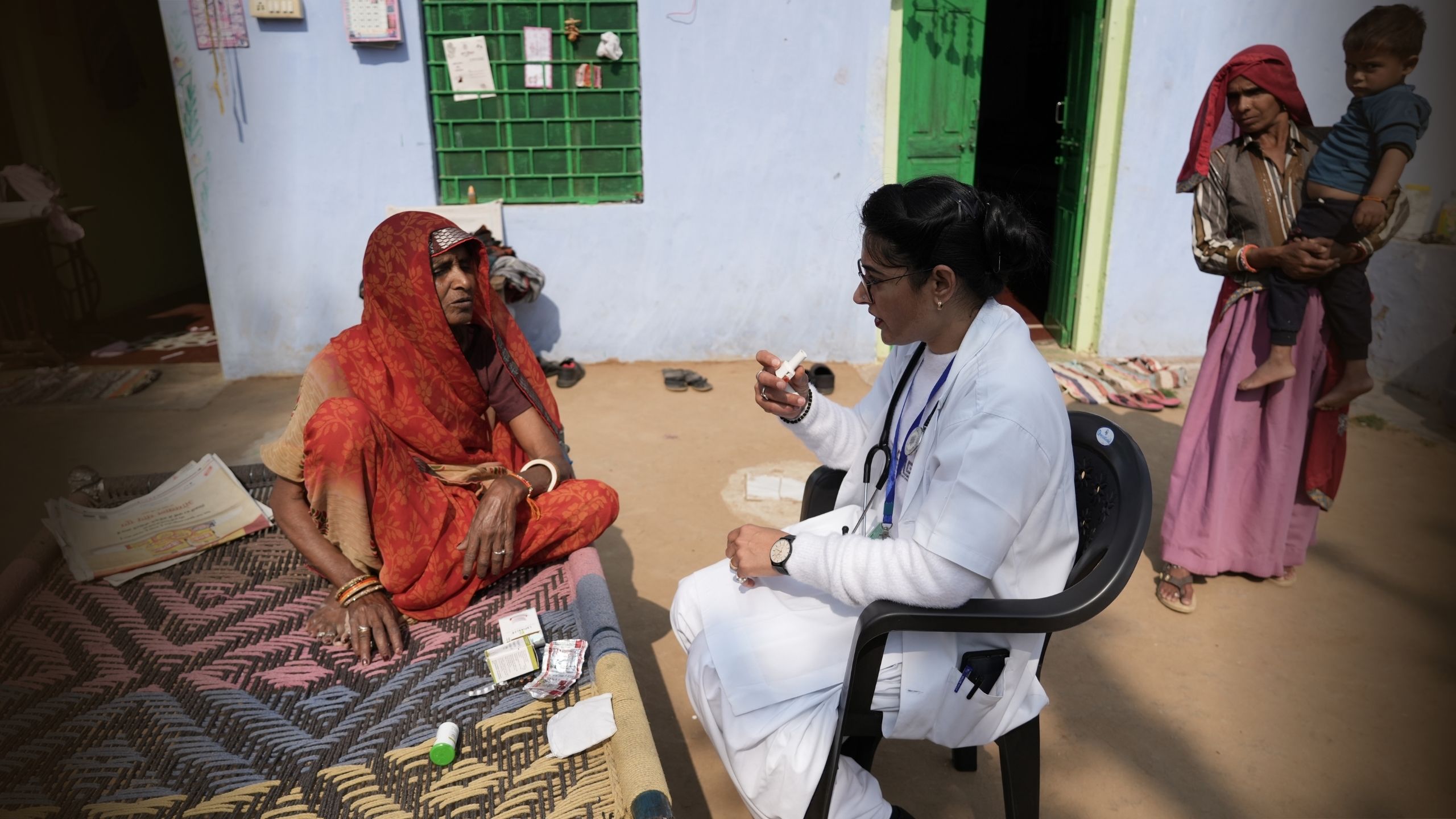
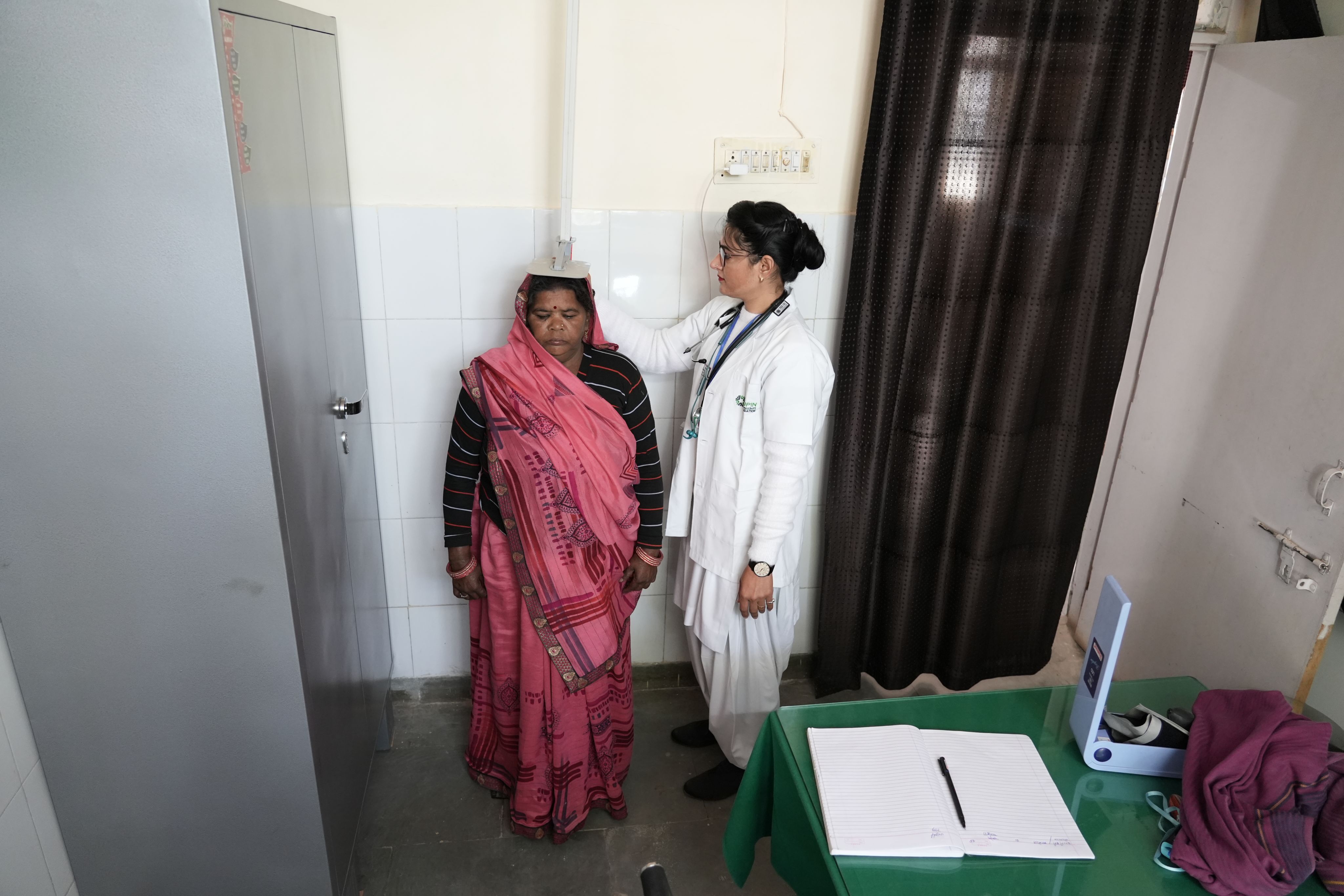
Saroj Kumar,
an Auxiliary Nurse Midwife (ANM) from Alwar, Rajasthan, commences her day by embarking on household visits to her village.
Each day, Saroj attends around 15 households, where she administers basic tests
such as assessing vital signs, measuring height and weight, checking blood pressure, and monitoring blood sugar levels.
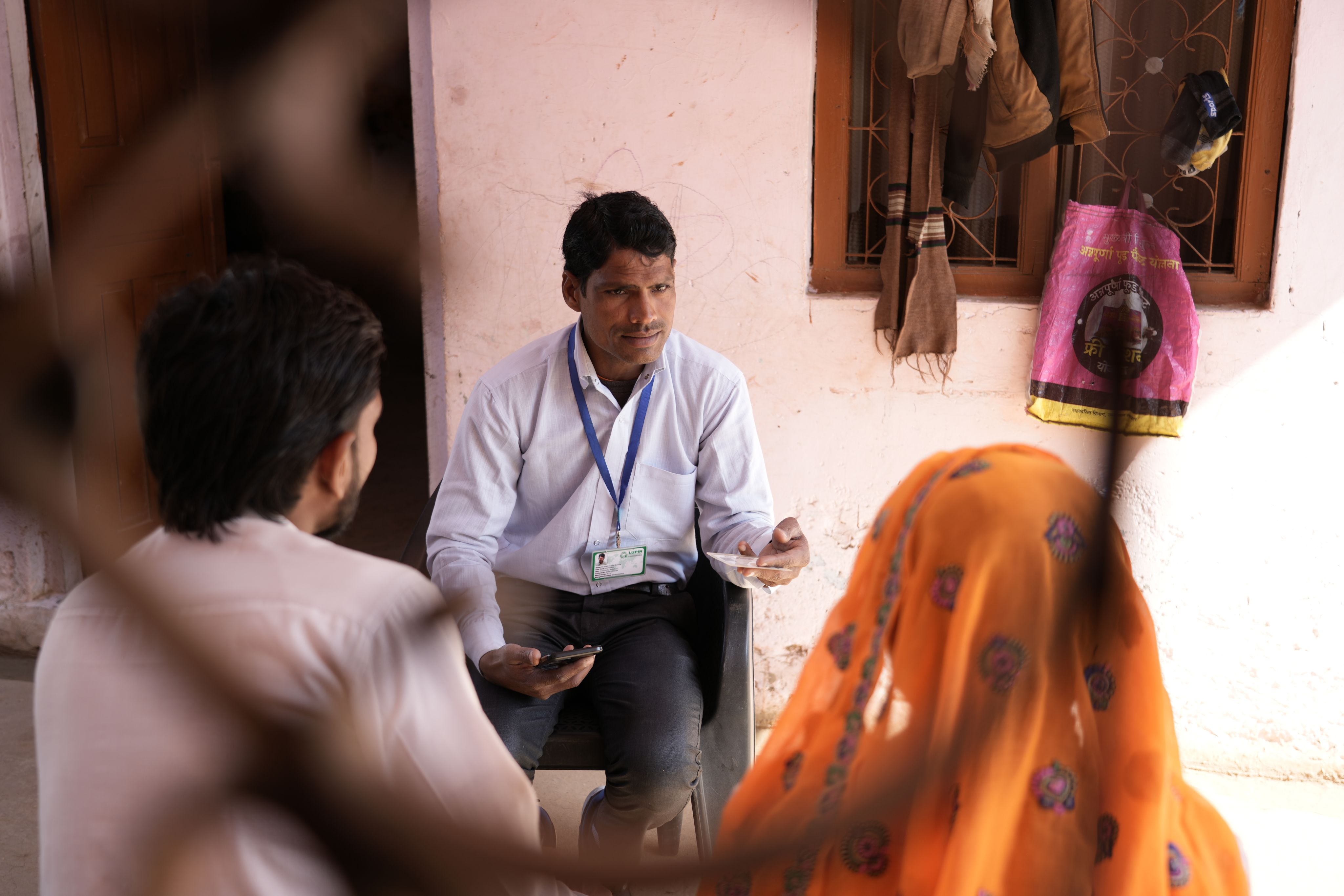
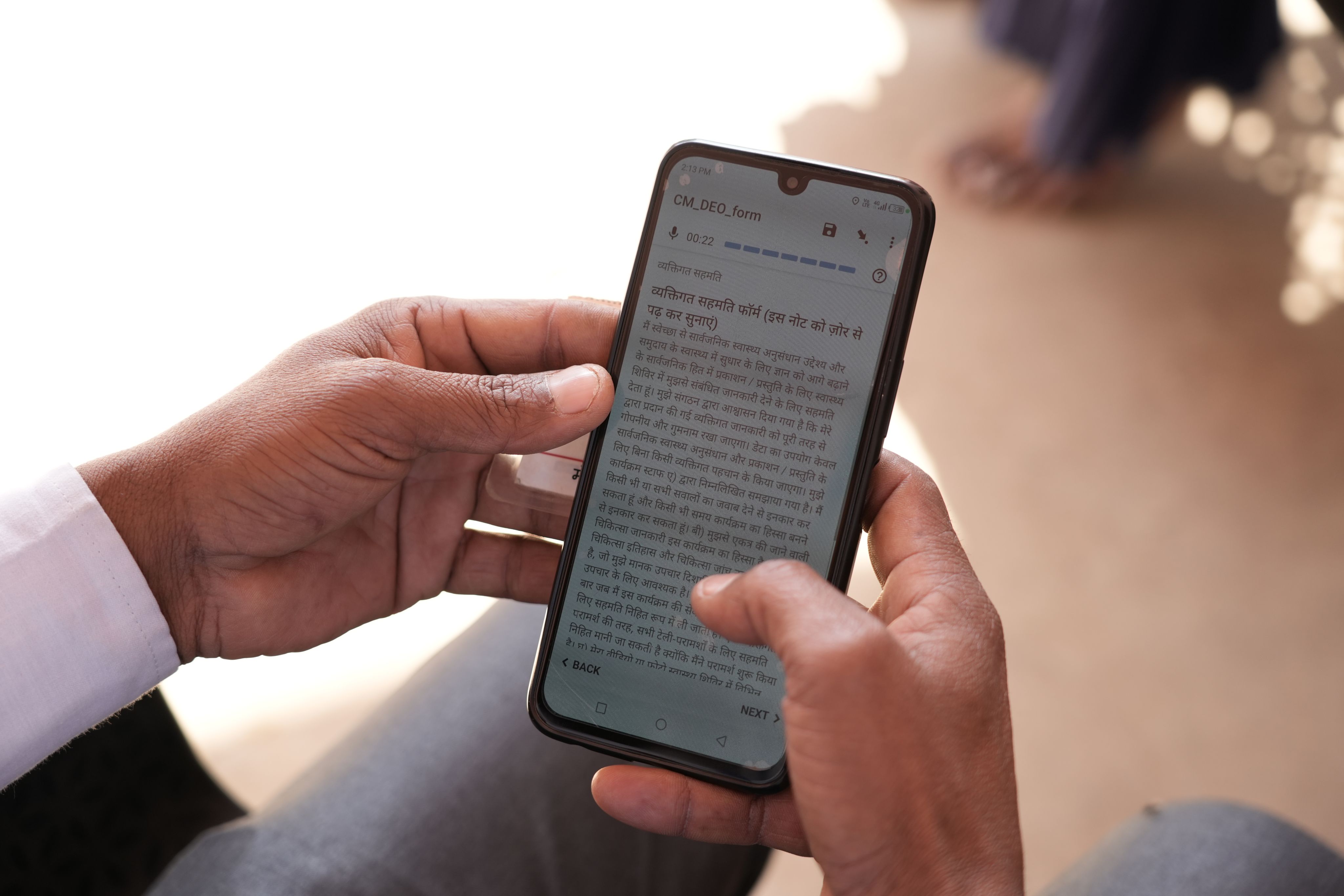
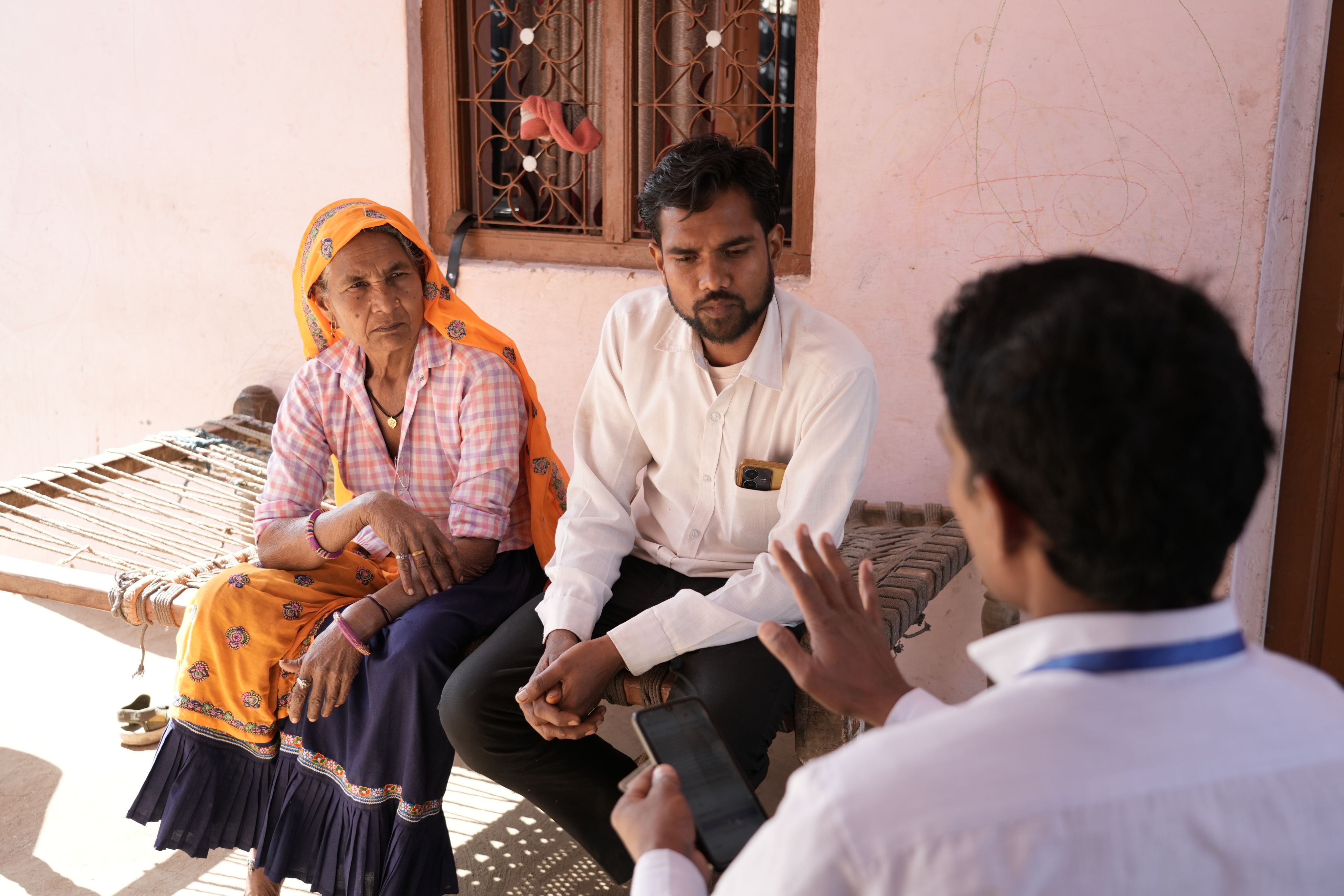
Saroj receives assistance from community mobilizers such as Mukesh
who conducts the initial visits
and enters patients' details into a mobile toolkit for digitally collecting and managing data.
Typically, this information is gathered from individuals aged 30 and above who are at a higher risk of cardiovascular and pulmonary diseases.
Saroj is part of the Lives Program, also known as Desh Bandhu Jan Aarogya Seva, facilitated by Lupin Human Welfare and Research Foundation (LHWRF).

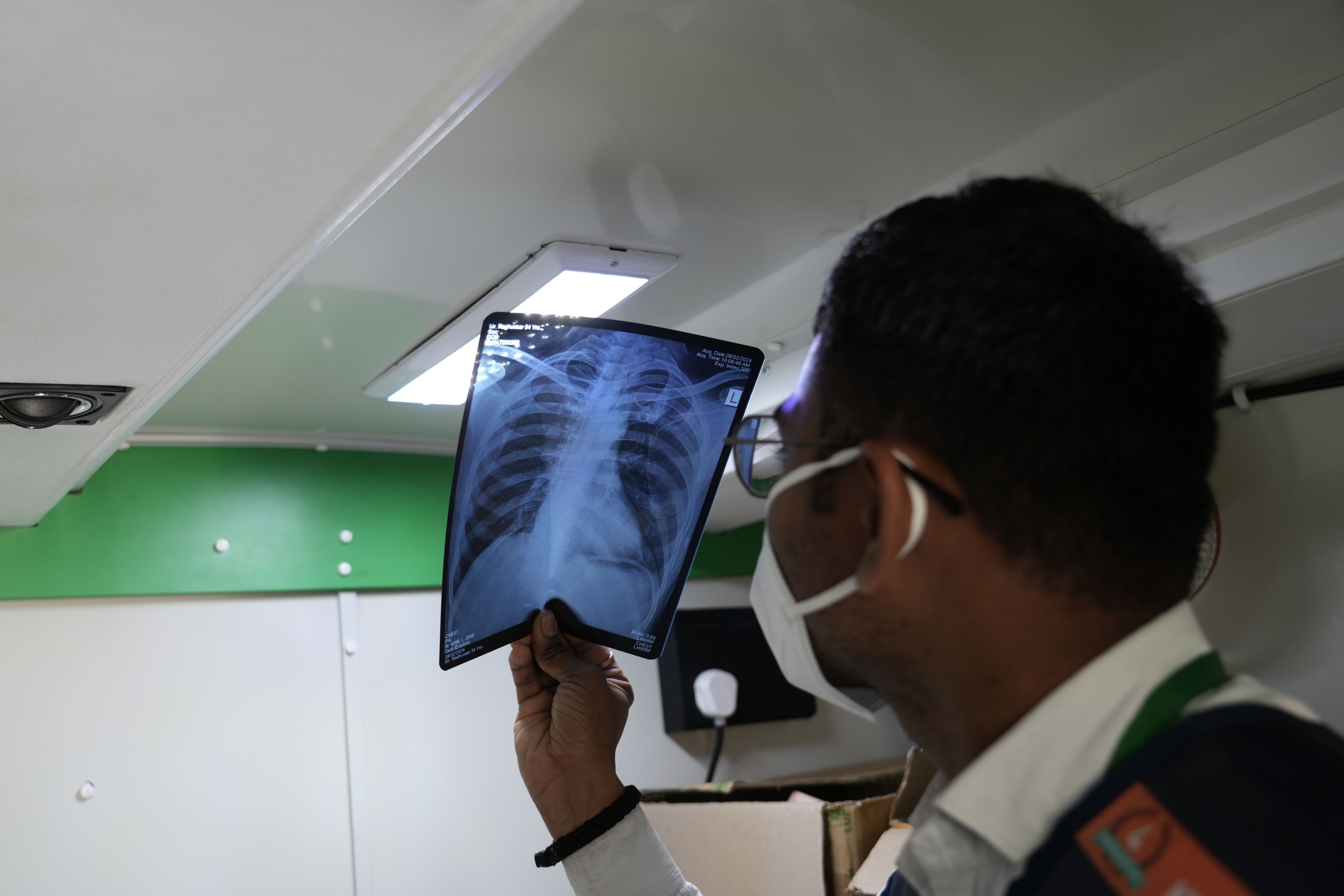
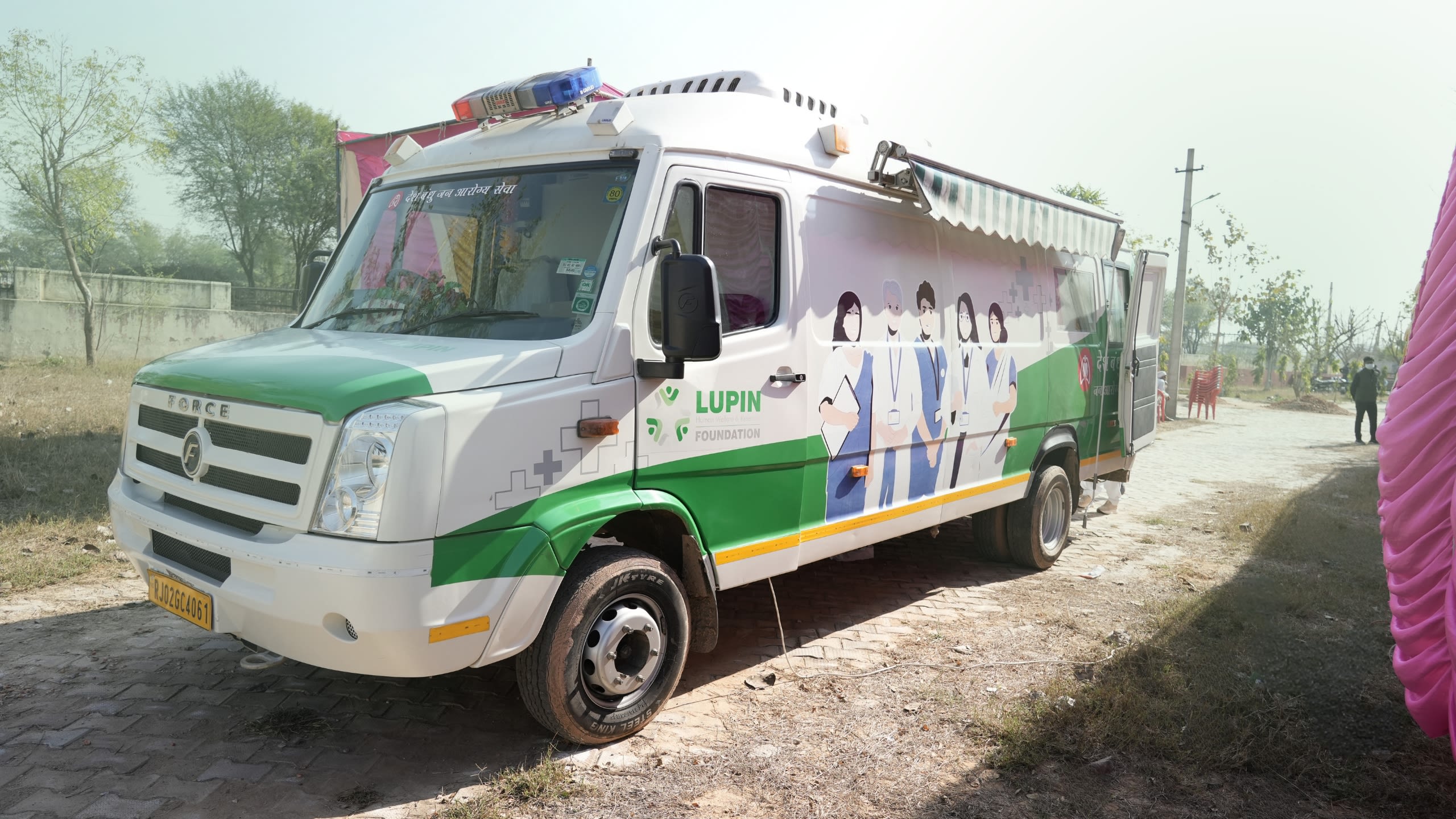
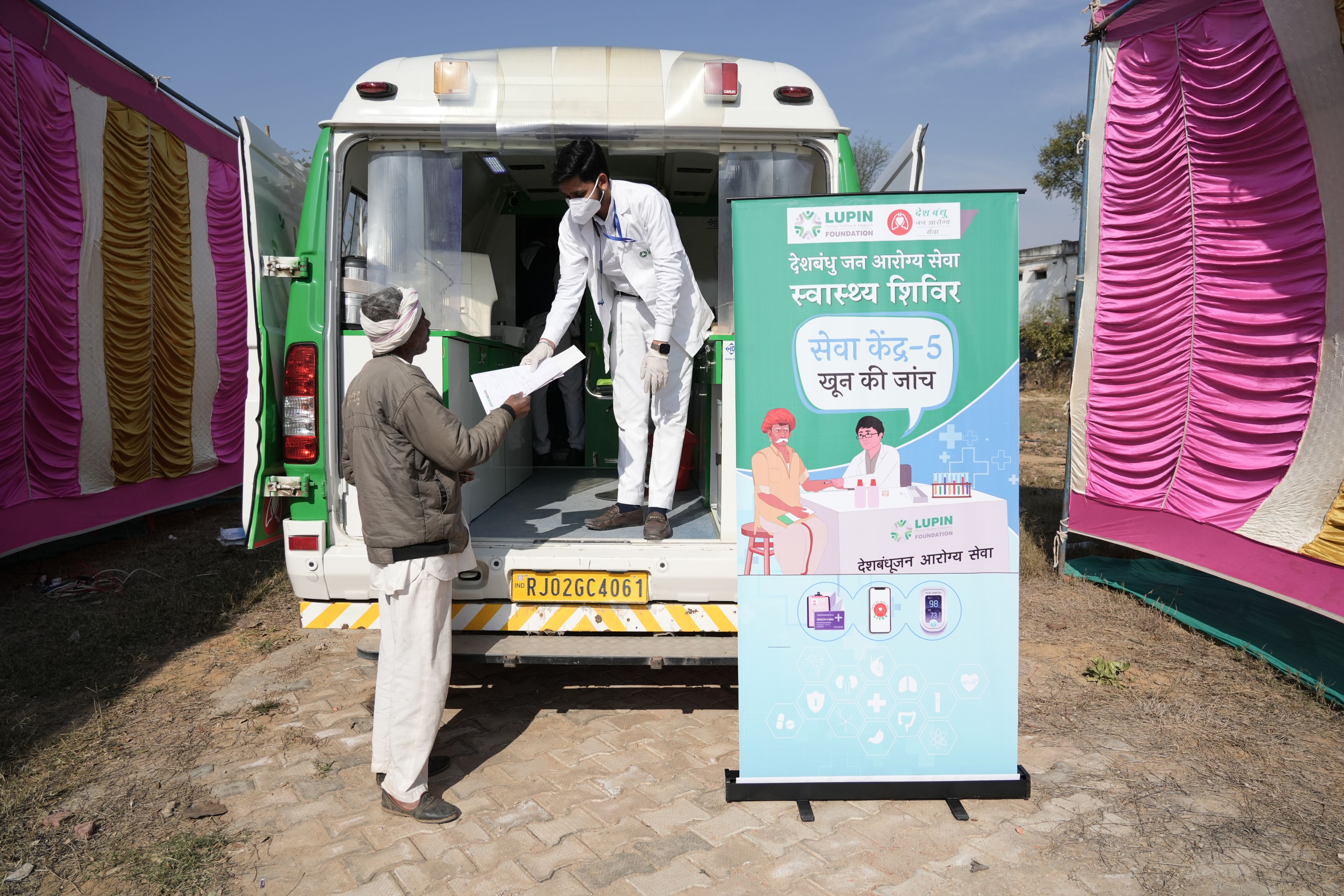
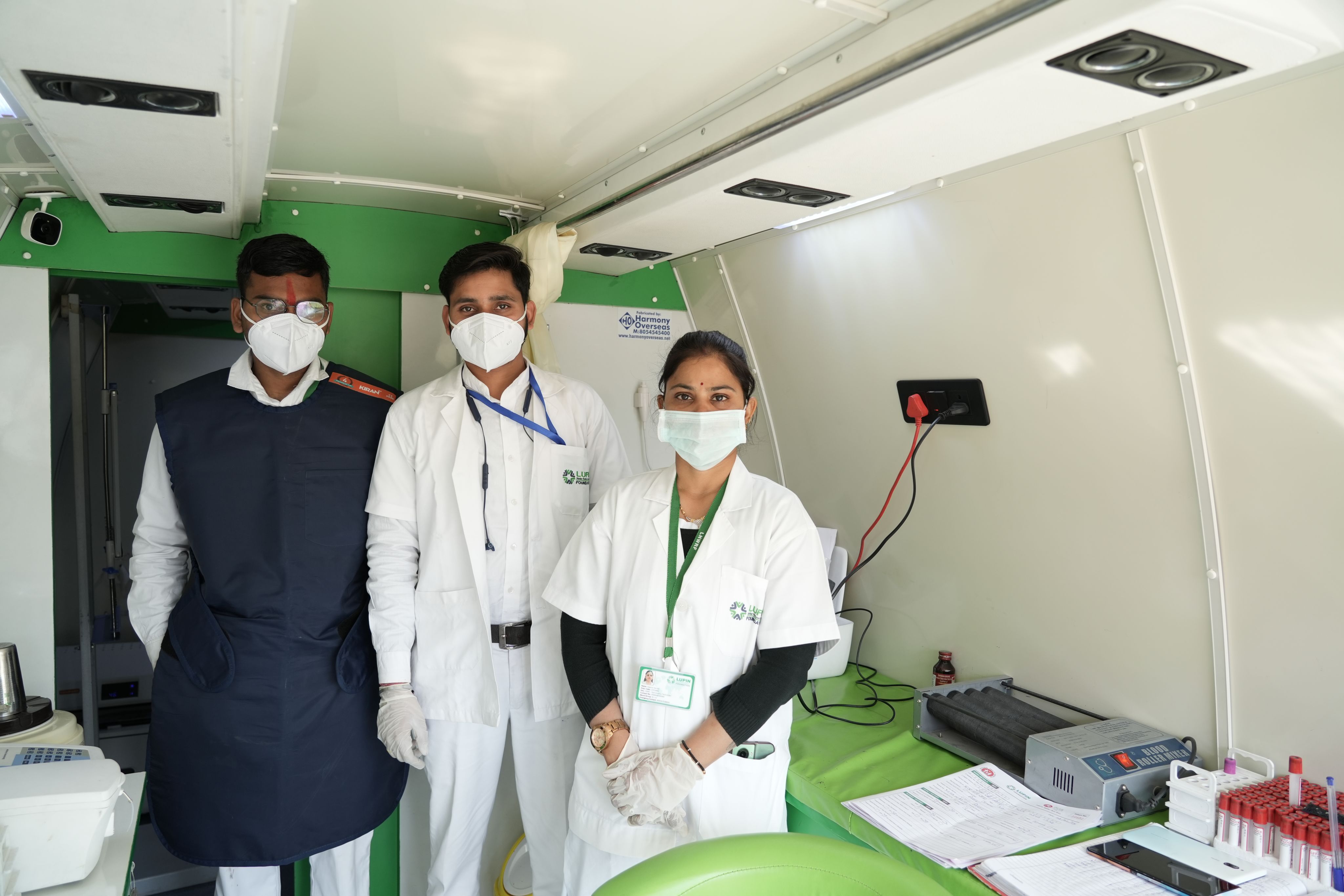
The Lives Program employs a range of strategies to intersect and collaborate.
It engages fully equipped Mobile Medical Vans, which provide essential screening and treatment services to remote and underserved areas,
addressing conditions such as CVD, COPD, and asthma, while also offering counseling by healthcare professionals and referring patients to higher-level facilities.
The MMV conducts 18 monthly health camps, spread out across different villages.
Additionally, it makes fortnightly visits to every village, ensuring consistent access to essential medical services for the local residents.
Behavioral Change Communication strategy also harnesses the power of local platforms, including traditional media and community engagement, to disseminate awareness about prevalent risk factors.
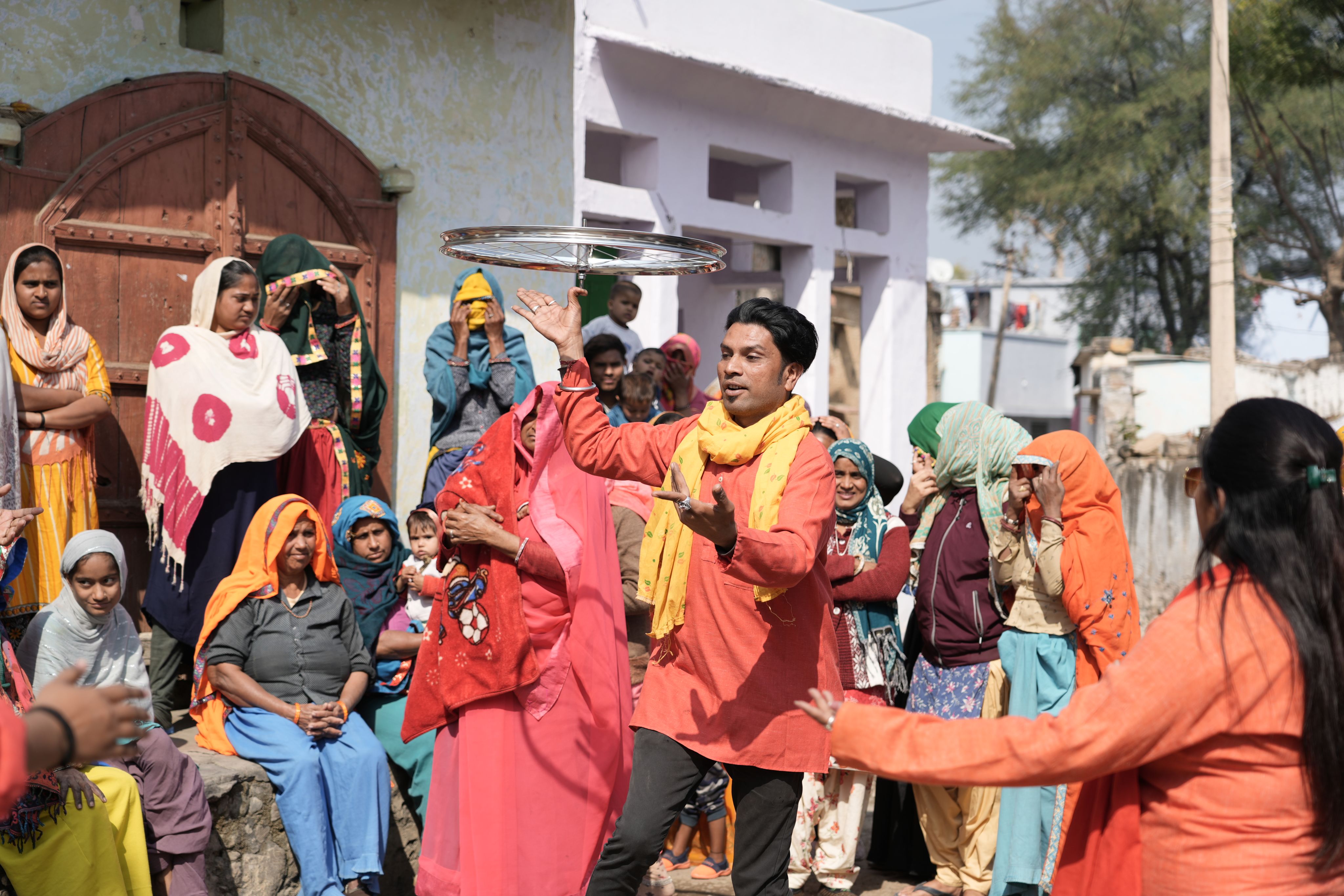
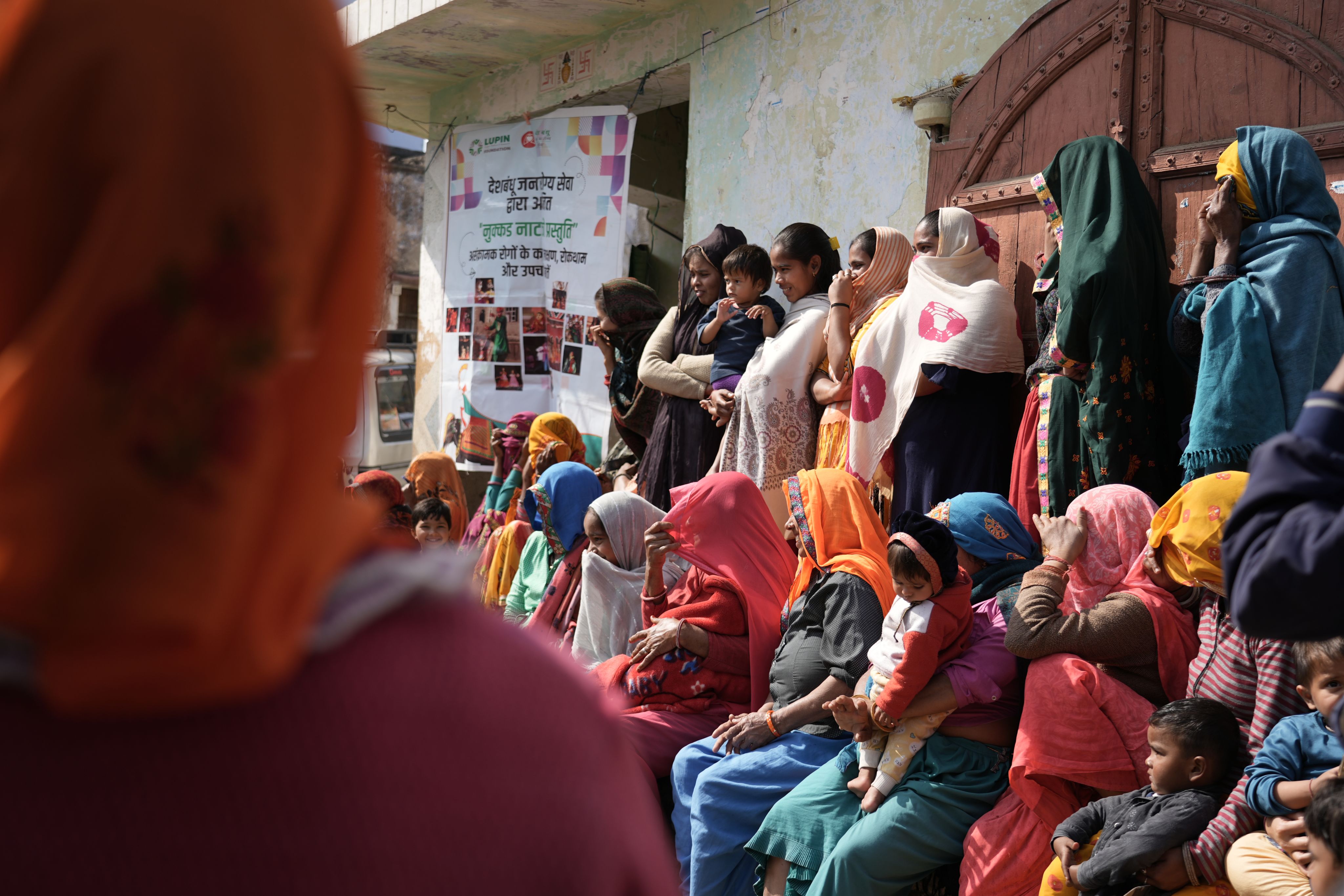
Through targeted training sessions and electronic learning modules, capacity - building initiatives are being undertaken to empower healthcare professionals, enhancing their proficiency and ensuring they remain abreast of the latest developments in healthcare.
Scientific research also endeavors to play a pivotal role in addressing gaps in knowledge and informing the formulation and implementation of effective healthcare policies.
Nurturing Non-Communicable
Disease corners within healthcare facilities provide essential support and procedural guidelines, further fortifying the infrastructure for comprehensive healthcare delivery.
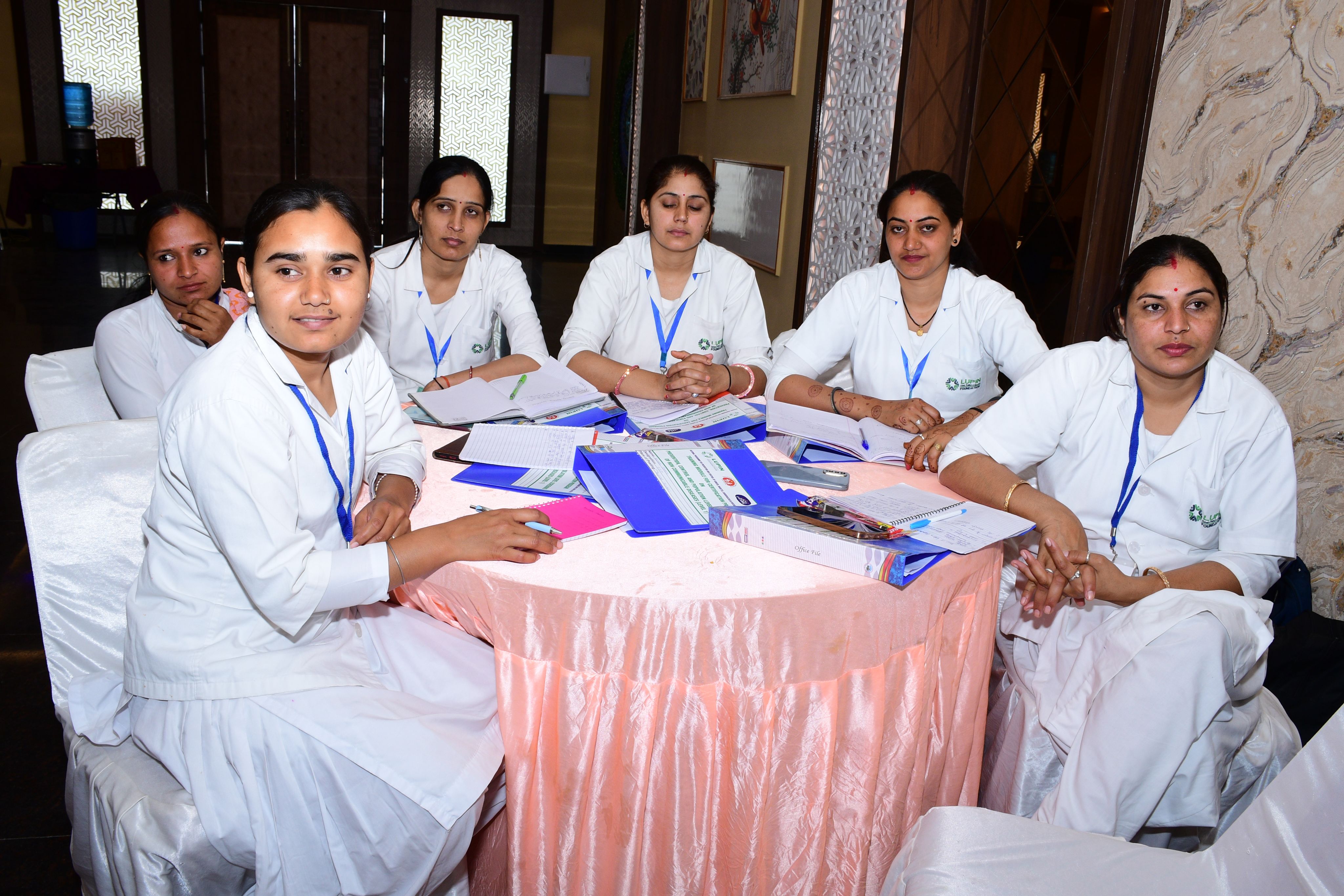
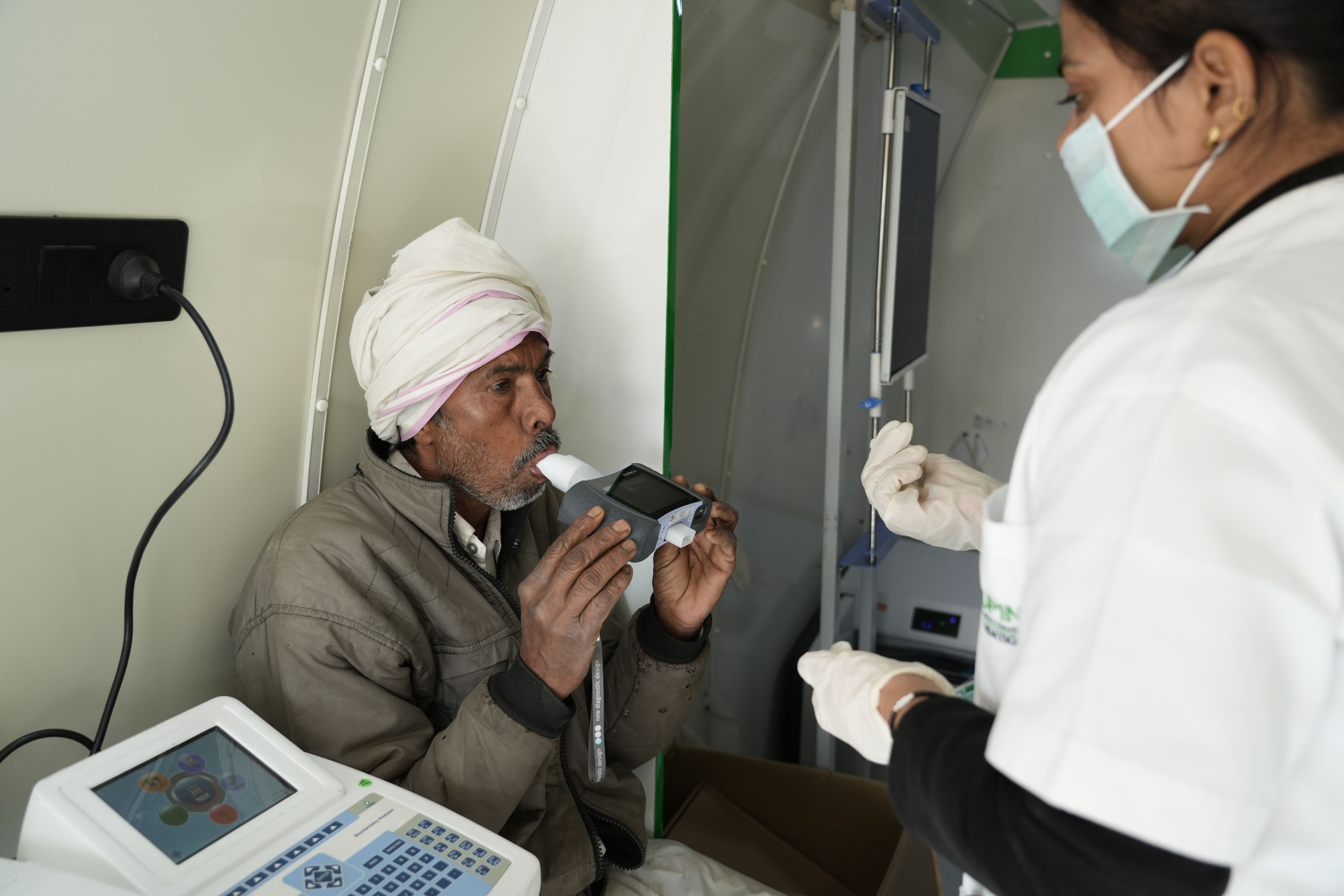
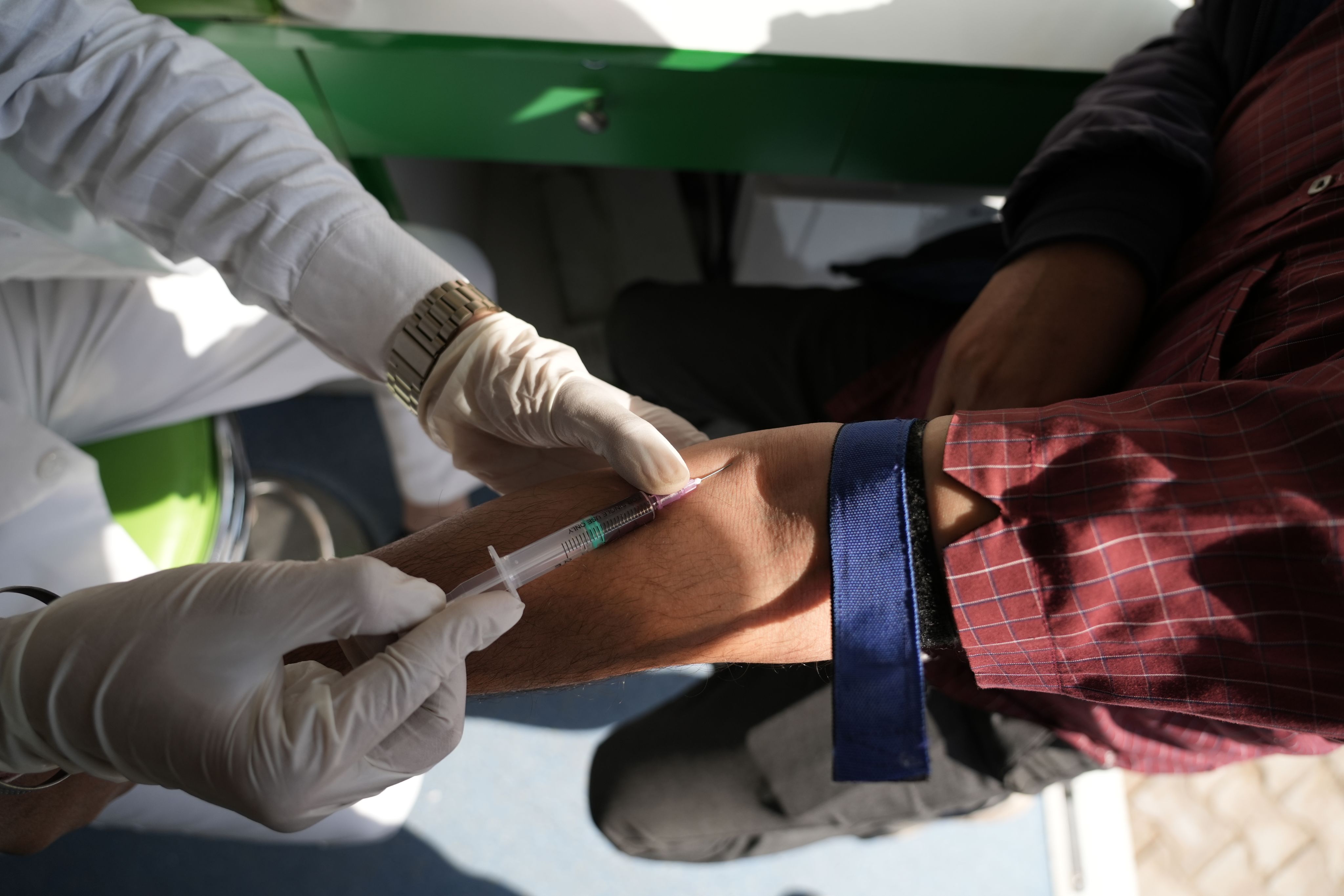
The Lives Program is dedicated to systematically enhancing the availability, accessibility, and
utilization of healthcare services within local communities.
Through structural improvements, it aims to empower and elevate the health and overall quality of life for community members.
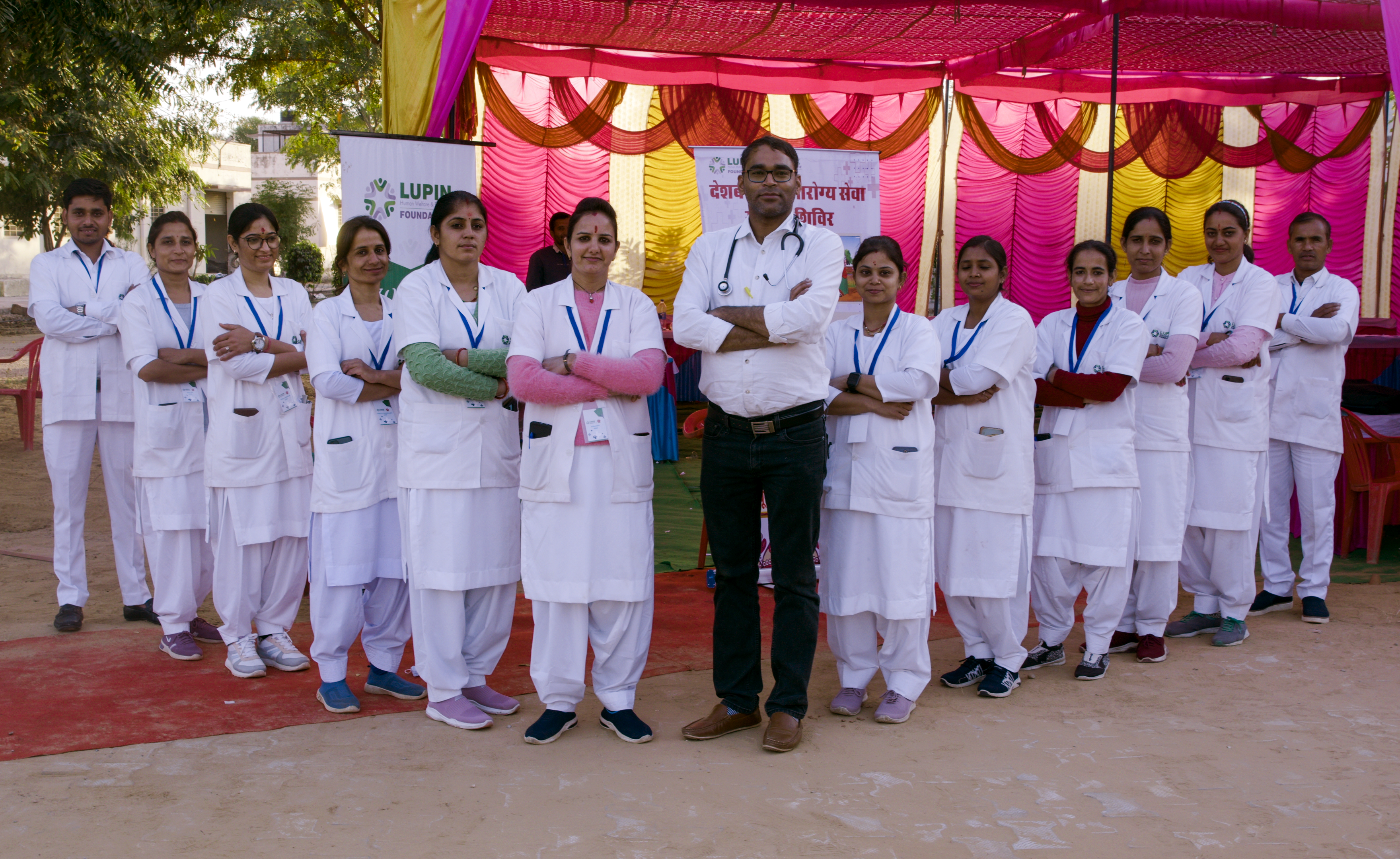
This entails implementing measures to enhance healthcare access and utilization, fostering sustainable community well-being.

